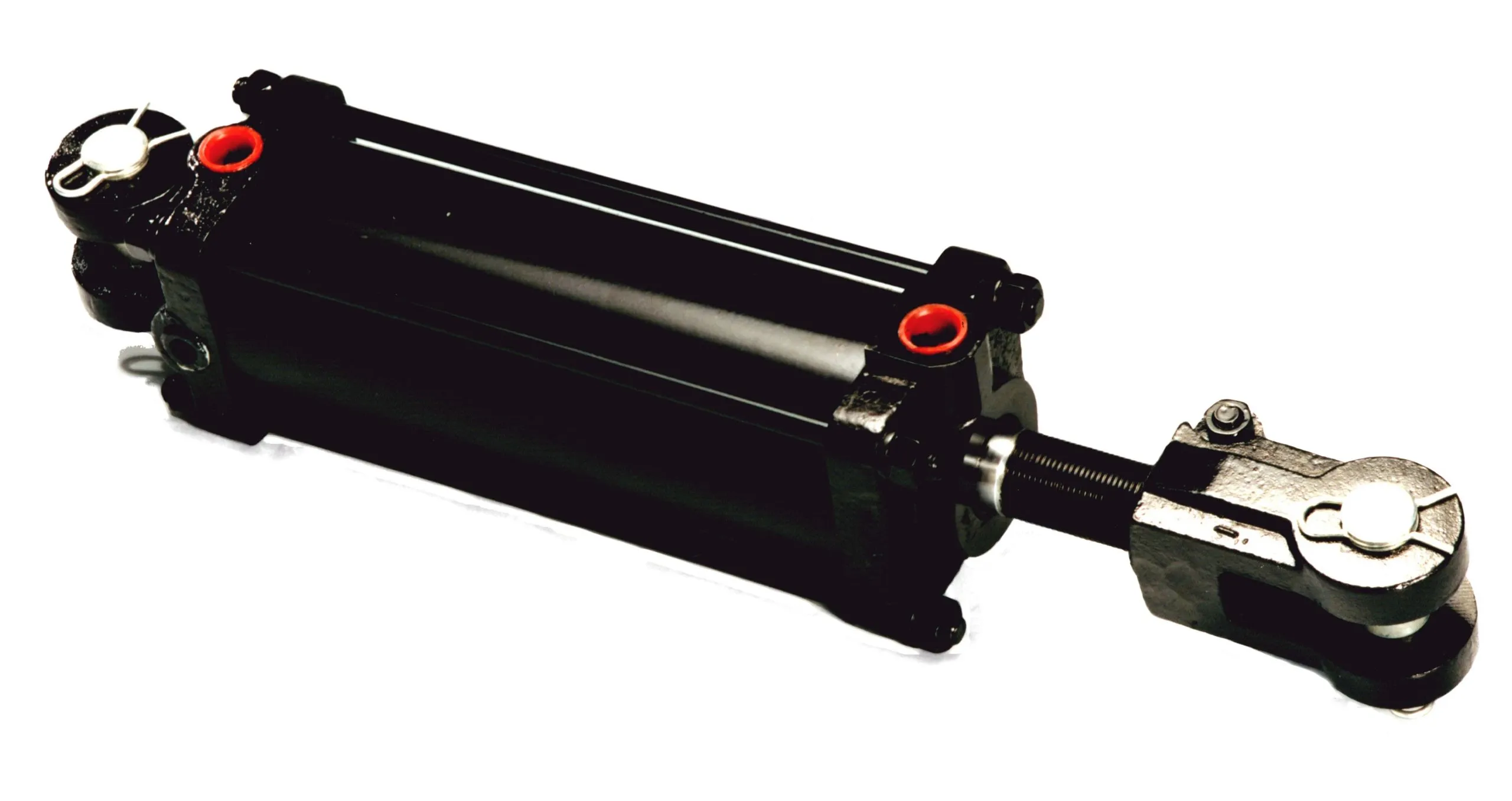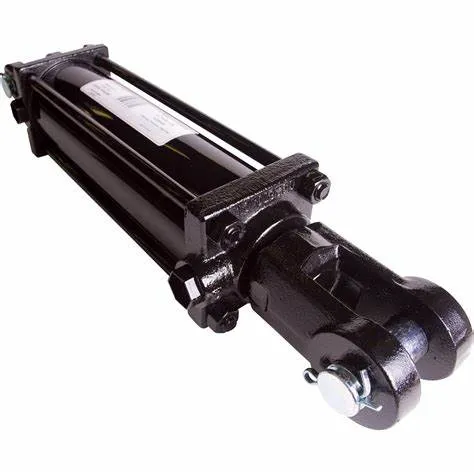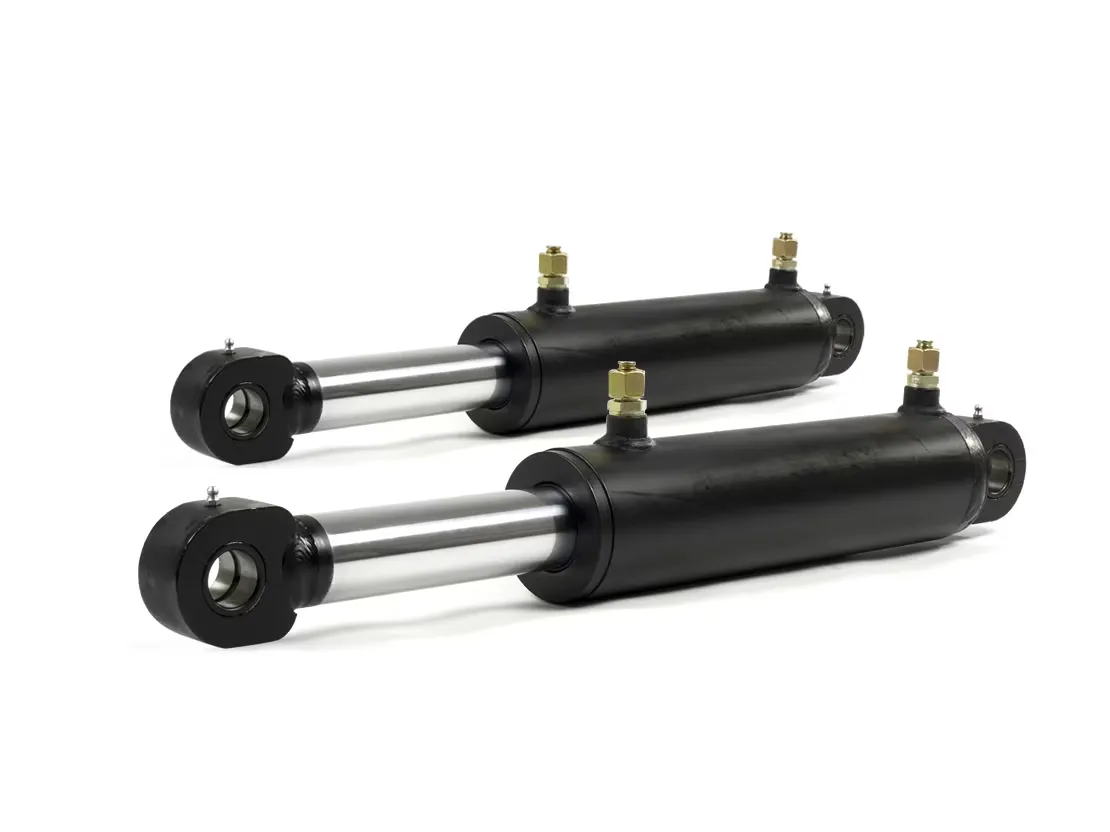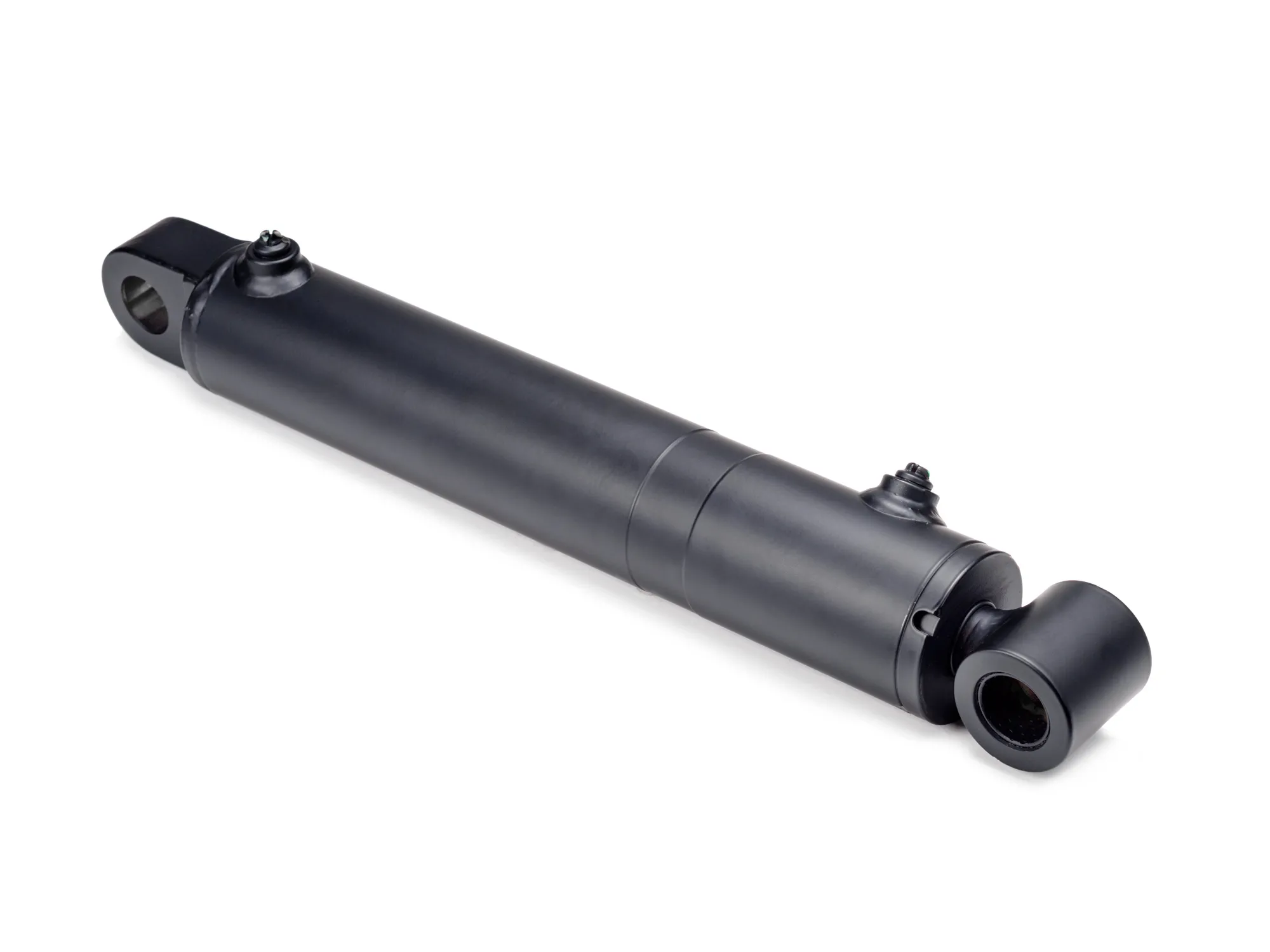Double Rod Single Acting Hydraulic Cylinder for Energy Storage: Efficient Solutions for Modern Applications
Introduction to Double Rod Single Acting Hydraulic Cylinders
Double rod single acting hydraulic cylinders are crucial components in various industries, particularly in applications that require efficient energy storage and management. Unlike traditional hydraulic cylinders, the double rod design allows for improved balance and force distribution, making them ideal for energy storage systems. This article delves into the function, advantages, applications, and maintenance of double rod single acting hydraulic cylinders, emphasizing their role in energy storage solutions.
Understanding Hydraulic Cylinders
Hydraulic cylinders convert hydraulic energy into mechanical energy, facilitating linear motion. They are essential in various machinery and equipment across industries such as construction, manufacturing, and automotive. The double rod design features a rod on both ends of the cylinder, allowing for symmetrical motion and enhanced stability.
Key Components of a Hydraulic Cylinder
1. Cylinder Barrel: The main body that houses the hydraulic fluid and provides the structure for the cylinder.
2. Piston: The component that moves within the cylinder to create force.
3. Rods: In double rod cylinders, there are two rods extending from either end, which helps to maintain balance and control.
4. Seals: Prevent hydraulic fluid leakage, ensuring efficient operation.
5. End Caps: Secure the ends of the cylinder and provide mounting points.
Working Principle of Double Rod Single Acting Hydraulic Cylinders
Double rod single acting hydraulic cylinders operate on the principle of hydraulic pressure. When hydraulic fluid is pumped into one side of the cylinder, it pushes the piston, resulting in linear motion. In single acting cylinders, the return stroke is typically achieved through a spring mechanism or gravity, as hydraulic pressure is applied in one direction only.
Energy Storage Mechanism
In energy storage applications, these cylinders can be used to store energy in the form of hydraulic pressure. When excess energy is available, hydraulic fluid is pressurized and stored in the cylinder. During peak demand, this stored energy can be released, providing a reliable power source.
Advantages of Double Rod Single Acting Hydraulic Cylinders
1. Increased Efficiency: The double rod design allows for more efficient energy transfer, reducing the amount of hydraulic fluid needed for operation.
2. Enhanced Stability: The symmetrical design minimizes the risk of bending or twisting, providing more consistent performance over time.
3. Compact Design: These cylinders can be designed to fit into tighter spaces, making them suitable for various applications.
4. Reduced Maintenance: With fewer wear components, double rod cylinders often require less maintenance compared to conventional designs.
Applications of Double Rod Single Acting Hydraulic Cylinders
Double rod single acting hydraulic cylinders are versatile and can be utilized in various sectors, including:
1. Renewable Energy Systems
In renewable energy applications, such as wind turbines and solar tracking systems, these cylinders can be used to adjust the angle of panels or blades, optimizing energy capture and storage.
2. Automotive Industry
In the automotive sector, they are often used in hydraulic lifts, enabling efficient motion for assembly lines and service applications.
3. Construction Equipment
Construction machinery frequently employs hydraulic cylinders for lifting and moving heavy loads, ensuring efficiency and safety on job sites.
4. Manufacturing Processes
In manufacturing, these cylinders are utilized in automated systems for precise material handling and assembly processes.
Choosing the Right Double Rod Single Acting Hydraulic Cylinder
When selecting a double rod single acting hydraulic cylinder for energy storage, several factors should be considered:
1. Load Capacity
Ensure the cylinder can handle the maximum load required for your application. This involves assessing both static and dynamic loads.
2. Stroke Length
Determine the necessary stroke length based on the application’s requirements. A longer stroke may be necessary for specific energy storage applications.
3. Operating Pressure
Choose a cylinder that can withstand the required operating pressure while providing optimal performance.
4. Mounting Options
Consider the available mounting configurations and select a design compatible with your equipment.
5. Environmental Conditions
Evaluate the environmental conditions where the cylinder will operate to select materials and seals that can withstand potential exposure to harsh conditions.

Maintenance of Double Rod Single Acting Hydraulic Cylinders
Proper maintenance is crucial for ensuring the longevity and efficient operation of double rod single acting hydraulic cylinders.
1. Regular Inspections

Conduct routine inspections to identify any signs of wear, leakage, or damage. Early detection can prevent costly repairs and downtime.
2. Fluid Quality

Monitor the hydraulic fluid for contaminants and ensure it meets the required specifications. Changing the fluid regularly can prevent damage to the cylinder components.

3. Seal Replacement
Check seals regularly and replace them as needed to prevent leaks and maintain performance.
4. Lubrication
Ensure that moving parts are adequately lubricated to reduce friction and wear.
5. Environmental Considerations
Protect the hydraulic cylinder from exposure to harsh environmental conditions, which can lead to accelerated wear and tear.
Future Trends in Hydraulic Cylinder Technology
The future of hydraulic cylinder technology is poised for innovation, with trends focusing on efficiency, sustainability, and automation:
1. Smart Hydraulic Systems
With the rise of Industry 4.0, smart hydraulic systems equipped with sensors and IoT technology are becoming more common, allowing for real-time monitoring and predictive maintenance.
2. Eco-friendly Fluids
The development of biodegradable hydraulic fluids is gaining traction to reduce the environmental impact of hydraulic systems.
3. Enhanced Materials
Advancements in materials science are leading to the creation of cylinders that are lighter, stronger, and more resistant to wear, improving overall performance.
4. Energy Efficiency Improvements
Innovations in design and materials are expected to further enhance the energy efficiency of hydraulic cylinders, aligning with global sustainability goals.
Conclusion
Double rod single acting hydraulic cylinders are indispensable in modern energy storage applications, offering numerous advantages over traditional designs. Their efficiency, stability, and versatility make them suitable for various industries, from renewable energy to automotive and construction. By understanding their working principles, applications, and maintenance needs, businesses can optimize their use for better performance and longevity.
For those looking to invest in high-quality hydraulic cylinders, consider EVER-POWER. With a commitment to excellence and innovation, EVER-POWER provides a range of hydraulic solutions tailored to meet the demands of modern industries. Whether you require standard or customized solutions, trust EVER-POWER to deliver products that combine reliability with advanced engineering. Explore their offerings today to enhance your energy storage systems and improve operational efficiency.
